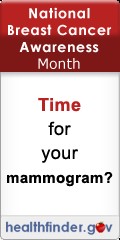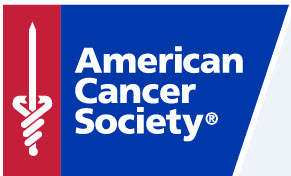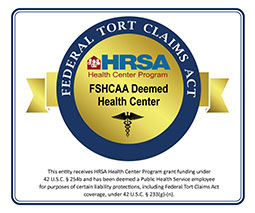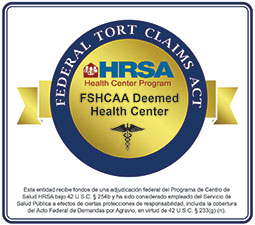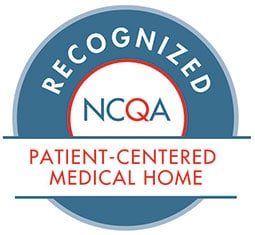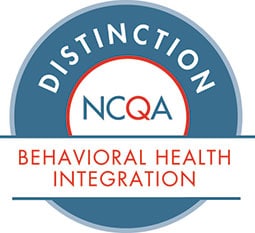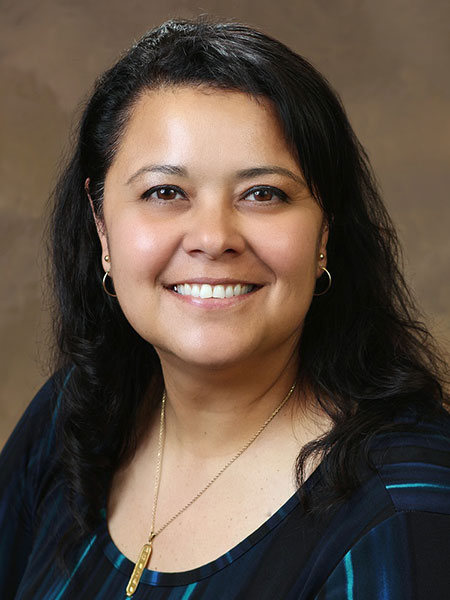
Amalia Almeida, APRN
Post written by Amalia Almeida, APRN
Board-certified nurse practitioner, specializing in women’s health, Chief of Clinical Services and Quality
Putting your health first should be a priority, but many women are so busy with childrearing and careers that they often put their health needs on the back burner.
With National Women’s Health and Fitness Week, it’s a great time to remind women about the benefits of exercise and physical health. There are many ways you can keep healthy even when you’re on a tight budget.
What are some important health tips for women?
-Get your mammograms once you reach ages 40-50, every year between 45-55, and every two years after age 55.
-Get a Pap smear checkup if you are between ages 21 and 29. You should get a Pap test every three years. If you are between ages 30 and 64, you should get a Pap test and human papillomavirus (HPV) test together every five years or a Pap test alone every three years. If you are 65 or older, ask your doctor if you can stop having Pap tests.
-It’s important to remember that your body needs to be taken care of. If you, for example, were to drive around in a car with a wheel put on wrong, you either wouldn’t get far, or your car would wear down quicker and easier. That’s why it’s important that you take these eight steps to keep your body healthy:
1.) Now, this may sound silly, but posture.
Posture is very important, and it is something many people should really work on more. Various things affect good posture.
When you are at school or work or even just hanging out with friends, good posture is often lacking. People slouch because they get too comfortable and they think it looks cool.
Slouching wears down your bones and muscles while creating problems and strains in your muscles. Sit up and stand up straight!
2.) Get active!
With heart disease as a leading cause of death in the United States, it’s important to get active. I recommend exercise at least 30 minutes a day five times a week, but anything is better than nothing.
You can walk around a track for 30 minutes, walk around your neighborhood if it is safe, walk your dog, go to a fitness class at the gym, garden, swim, bicycle and so much more!
3.) Avoid drugs and alcohol.

If you do drink, limit it to one glass a day of wine (5 Fl oz), one beer (12 Fl oz), or 80 proof distilled spirits (1.5 Fl oz).
4.) Protect your skin from the sun!
Wear sunscreen with an SPF of at least 15 and wear hats, sunglasses and watch for unusual marks and burns you may obtain from the sun. See a doctor immediately if you find a suspicious spot.
5.) Take some time to “smell the roses”.
It is important to take time to just relax and remember what is important to you. If you enjoy gardening, or cards, or painting…or whatever… do those things!
6.) Meditate or find some way to make yourself relax.
Try meditation. Do yoga, cardio, or take walks.
7.) Eat healthy.
The word “healthy” doesn’t solely refer to low fat, sugar or calorie foods. It also refers to non-processed foods, foods that are natural, and foods that are actually meant to be digested.
I recommend limiting soda pop, ramen noodles, potato chips, fruit snacks and other processed foods. Eat food with fiber. Fiber is very important for the body, but many people cut it out accidentally because they don’t like the taste or how it mixes into food.
For example, many people use all-purpose flour when they could use whole wheat flour in cooking. Fiber is good for the body because it helps with healthy bowel movements and softens the stool.
Eat your greens! Many people skip this because salad is not filling. However, adding some lean protein such as chicken or chickpeas can make it filling and healthy. Many essential vitamins that fight off diseases and form antibodies come from eating fruits and veggies.
8.) Mental health.
Mental health is very important to your overall life. Remember to enjoy the little things, slow down and find ways to get your brain working. Read a good book, play sudoku or do math…do things that make you think! Just watching television or playing on your phone is not healthy.
It’s essential to take care of your health. With these eight steps, you should be on a good track!
For a well-woman checkup, call Health Partnership Clinic at 913-648-2266. Go schedule yours today!
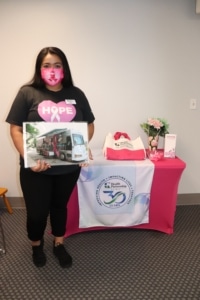 Nearly all of us have known someone with breast cancer and had our lives affected by that diagnosis. Breast cancer is something that affects all women and some men. Knowing your risk and getting the right screening test is important and can save your life.
Nearly all of us have known someone with breast cancer and had our lives affected by that diagnosis. Breast cancer is something that affects all women and some men. Knowing your risk and getting the right screening test is important and can save your life.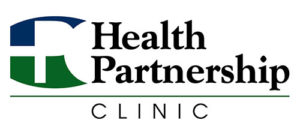
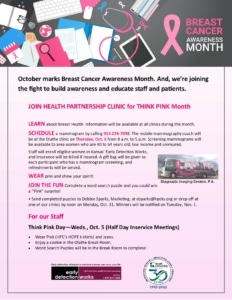
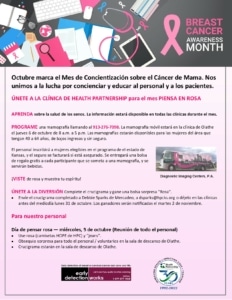
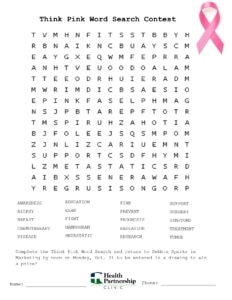
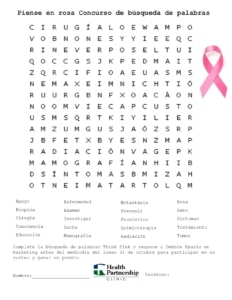
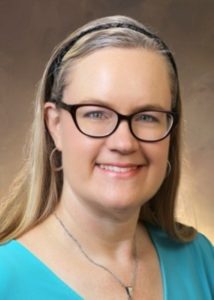 By
By 
 You can now get the vaccine from age nine to 45 years of age. The vaccine is for any gender! It is best to get the vaccine long before you ever have sex, but it is not too late to get it or complete your series if you haven’t gotten three doses. This vaccine prevents cervical cancer! There is patient assistance available if you can not afford the vaccine.
You can now get the vaccine from age nine to 45 years of age. The vaccine is for any gender! It is best to get the vaccine long before you ever have sex, but it is not too late to get it or complete your series if you haven’t gotten three doses. This vaccine prevents cervical cancer! There is patient assistance available if you can not afford the vaccine. Post written by Catherine Rice, VP of Marketing and Outreach
Post written by Catherine Rice, VP of Marketing and Outreach HPC will host a
HPC will host a 